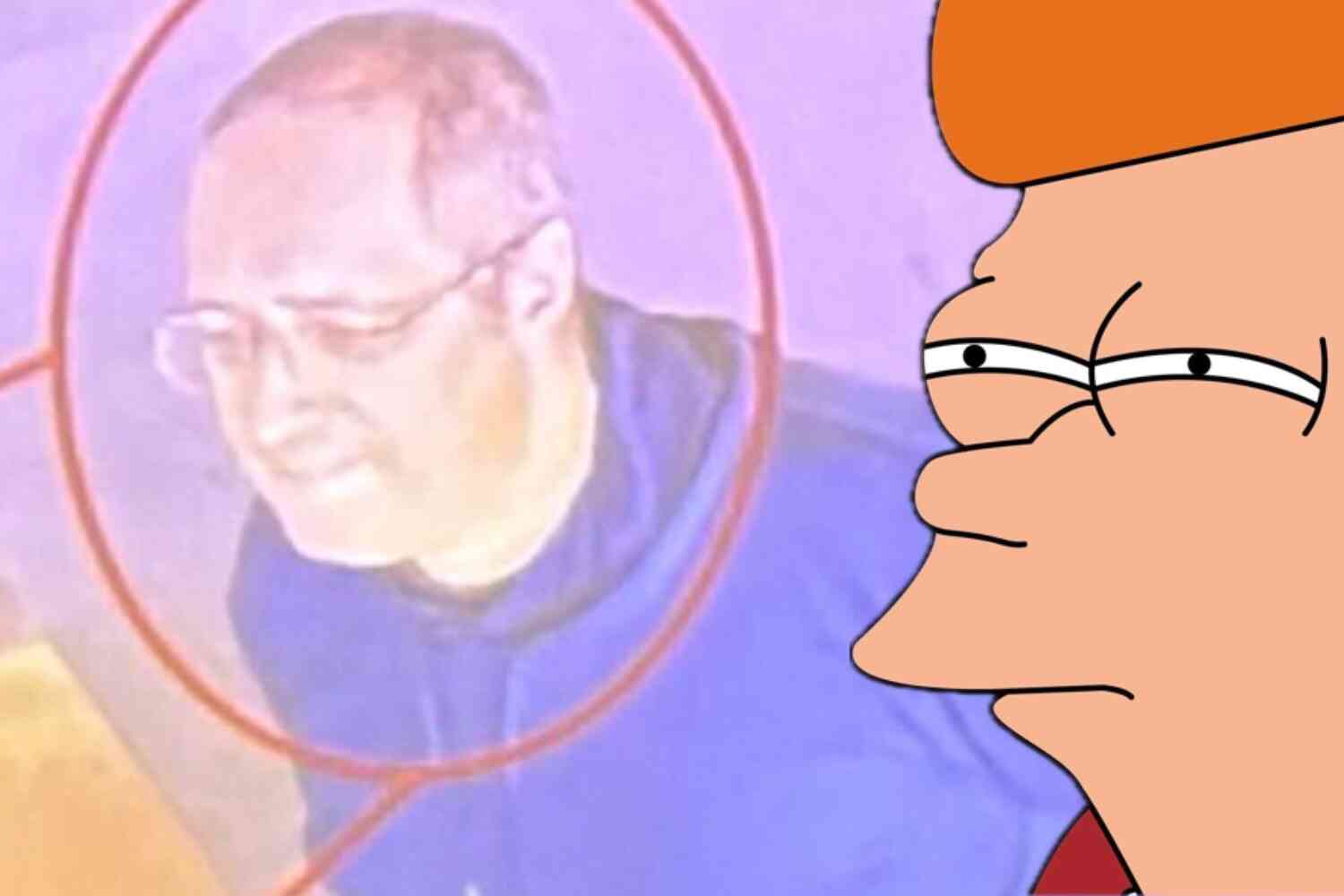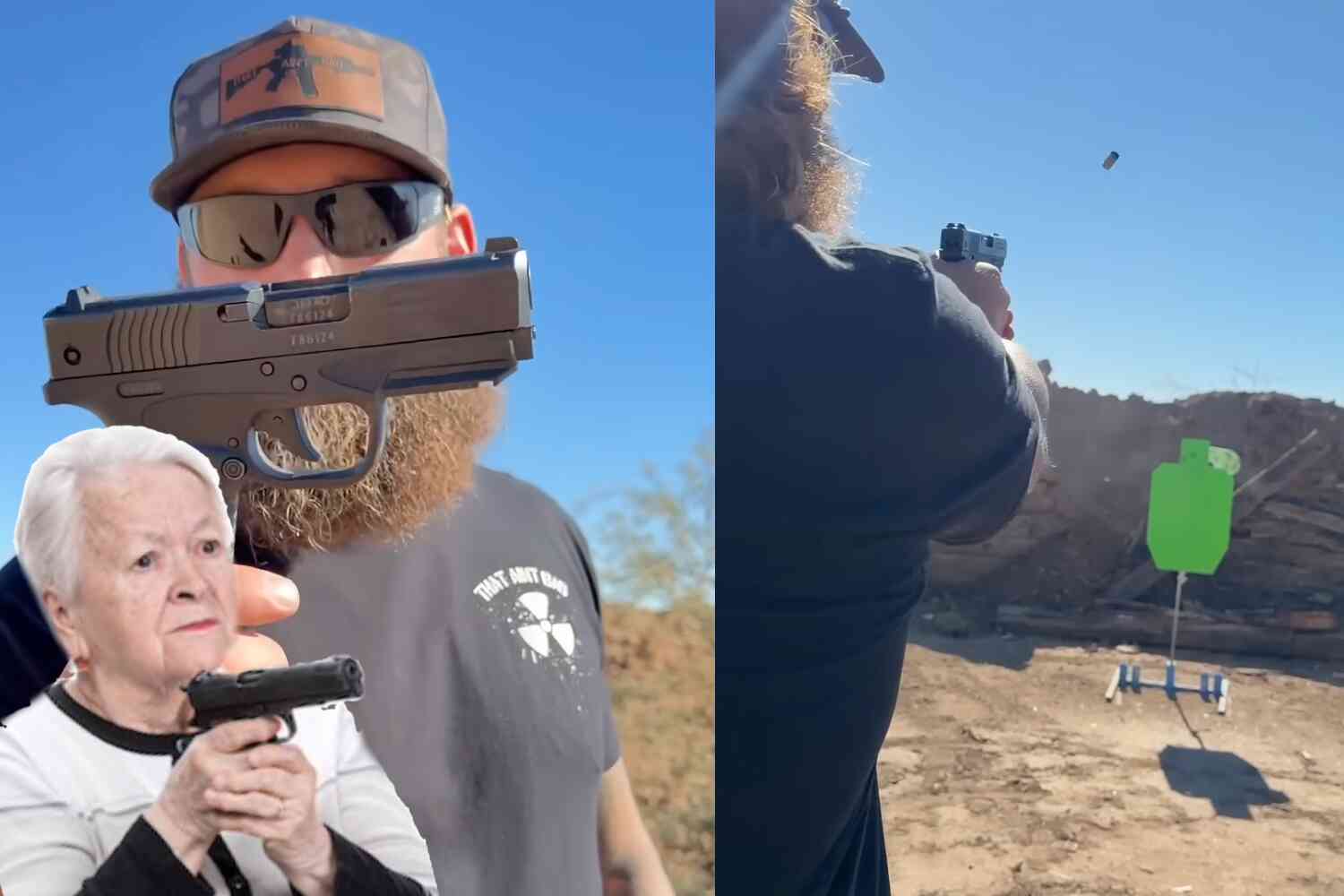Remember Amir Farsoud? The man that nearly chose Canadian euthanasia over homelessness but was saved from being suicided by an outpouring of generosity from concerned citizens.
That was a feel-good story, but it is unfortunately the exception to the rule in Canada these days, as more and more examples of Canada euthanizing the poor pop up.
For every Amir Farsoud, there's a Sophia who doesn't get saved. Sophia couldn't afford better housing to help with her condition, and rather than pay for the housing, the state paid for euthanasia.
She left a video to be shared with the media after she was dead.
"The government sees me as expendable trash, a complainer, useless and a pain in the a**," she says on the video.
Another woman opted for MAID because her medical debt was too high, which is a crazy thought in a country with socialized medicine.
Isn't healthcare free there?
Roger Foley, another man who said his hospital wanted to off him, testified before the Canadian Parliament. During that testimony, he said it doesn't seem like medical care is free is if MAID is a cheaper option for the government. He claims the doctors said they would charge him $1,800 per day if he didn't agree to MAID.
But if MAID for the poor makes you mad, you are on the wrong side of the ethical equation, at least according to two bioethicists at the University of Toronto.
Dr. Amy Mullin and Kayla Wiebe had a paper published in April that says "suiciding" the poor is the right thing to do, and to oppose it is harmful to their well being.
Seriously, here's the reasoning:
We understand ‘unjust social circumstances' to be circumstances in which people do not have meaningful access to the range of options to which they are entitled and ‘autonomy' as self-governance in the service of personally meaningful goals, values and commitments. People in these circumstances would choose otherwise, were conditions more just. We consider and reject arguments that the autonomy of people choosing death in the context of injustice is necessarily reduced, either by restricting their options for self-determination, through their internalisation of oppressive attitudes or by undermining their hope to the point that they despair.
To force people who are already in unjust social circumstances to have to wait until those social circumstances improve, or for the possibility of public charity but unreliably occurs when particularly distressing cases become public, is unacceptable. A harm reduction approach acknowledges that the recommended solution is necessarily an imperfect one: a ‘lesser evil' between two or more less than ideal options.
Of course, much of the "unjust social circumstances" (aka poverty) these folks are experiencing is being imposed on them by their government--the same government presenting them with suicide as the only option to escape poverty.
It used to be the rule that you didn't want to get sick in Canada because you would have to wait a long time for care, but now, I think we can say, don't get sick in Canada or you might get MAID.

As usual, The Babylon Bee doesn't miss on this topic:









